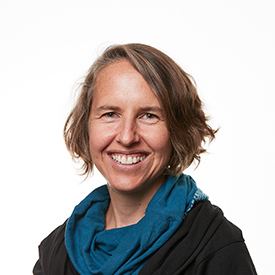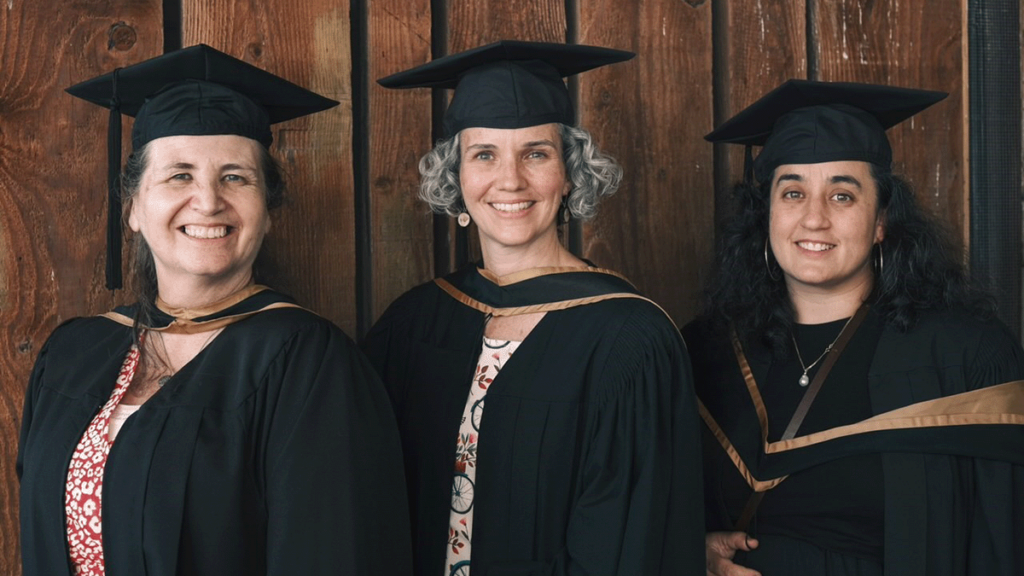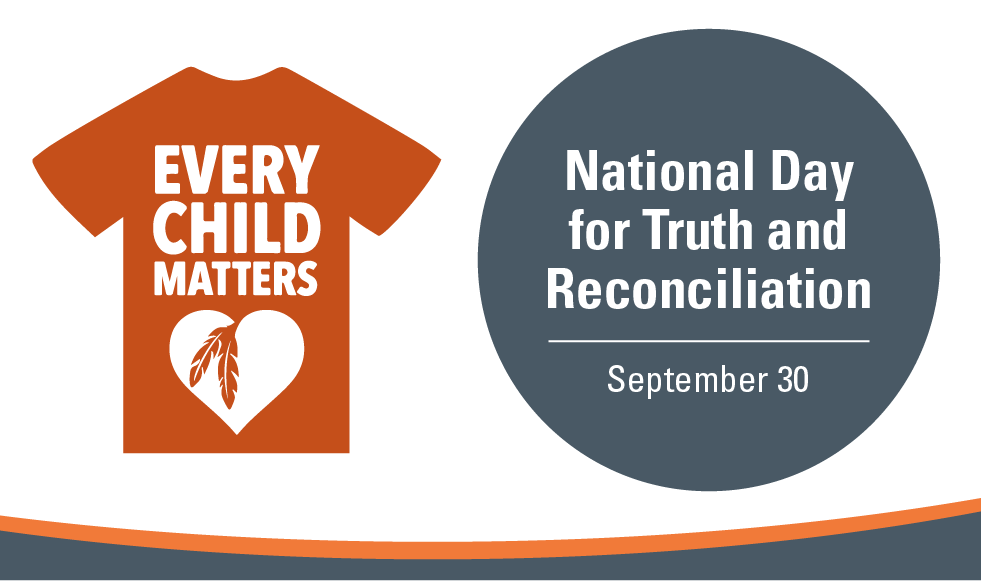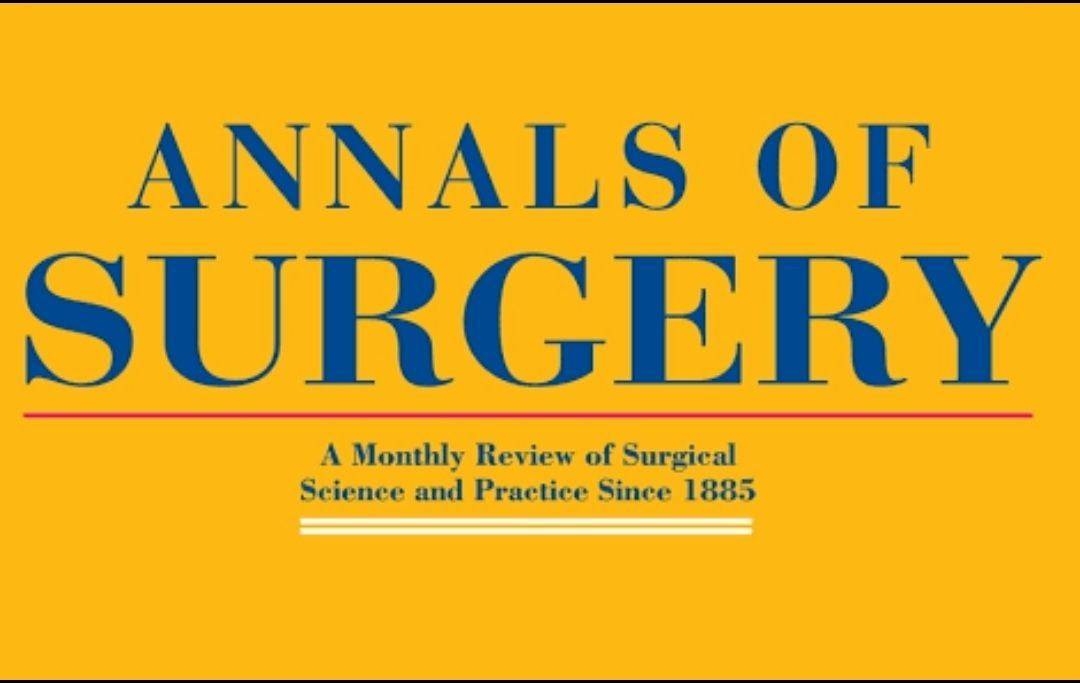Home
The Master of Science in Midwifery is empowering midwives from Canada and around the world with the leadership, scholarship, and clinical knowledge and skills needed to advance their contributions as a midwife, drive positive change and strengthen the midwifery profession.
Information Box Group
Flexible online delivery
Courses are delivered asynchronously online, allowing you to actively participate in our program regardless of your location, time zone, or schedule
In-person intensives
Two five-day in-person residencies at McMaster University will strengthen your connection with your classmates and build a community of practice while you complete the majority of your studies online
Part-time and full-time programs available
Our part-time program stream empowers midwives to complete a masters degree while continuing to practice
Study at a Top 25 Faculty
McMaster University is ranked among the world’s top 25 universities in clinical and health education by the Times Higher Education University Rankings, 2023
Program Delivery
Developed in response to a global call for midwives to play an increased role in leadership within health systems, the Master of Science in Midwifery is founded on the primary attributes of advanced midwife practitioners, including autonomy in practice, leadership, expertise, and research skills.
As a program built by midwives for midwives, we understand the challenges that midwives face, which is why the online Master of Science in Midwifery is designed to fit your schedule wherever you are in the world.
Graduates will be prepared for roles such as clinical and professional leaders, educators, researchers, and clinicians with specialized advanced clinical skills.
PROGRAM STREAMS
Primarily delivered asynchronously online, the Master of Science in Midwifery allows students to complete a graduate degree part-time while continuing to work and without having to relocate.
Course Plus Capstone Stream
The course plus capstone stream allows students to expand their knowledge and skills in various areas by taking advantage of our extensive elective course options.
Students will complete a capstone project in their final year to consolidate their knowledge and apply their new skills to a midwifery issue of importance to them and their community.
Available in full or part-time study options, allowing midwives to continue their clinical practice while having the flexibility needed to complete the program.
Thesis Stream
The thesis stream will give students interested in a specific topic or issue the tools and resources to complete a thesis-level project while also engaging in the program’s core courses.
Students will be assigned a thesis supervisor at the time of admission, who will guide them as they undertake a major piece of investigation and research.
Available as a full-time program, allowing students to complete their degree in two years.

A key motivation in creating this program is to graduate midwifery leaders who can increase the impact of the profession in health systems, particularly for underserved populations.
Dr. Liz Darling
Assistant Dean, Midwifery
COURSES OFFERED
All Master of Science in Midwifery students must complete five core courses and up to 12.0 units of electives, depending on their program stream.
Core Courses
MIDWIF 700: Residency 1 provides an in-depth overview of the program, including personal goal setting and introducing key concepts relating to advanced midwifery practice and leadership. Delivered online with a five-day in-person intensive at McMaster University.
MIDWIF 701: Leadership in the Midwifery Profession will address four key areas of inclusive leadership: conceptualizations of leadership, leading self, leading others, and achieving results. Delivered asynchronously online.
MIDWIF 702: Social Justice and Systems Change will address concepts of social justice theory and health systems to provide a foundation for leading system transformation to improve health and health equity. Delivered asynchronously online.
MIDWIF 703: Foundations of Research for Midwifery Leadership will introduce theory and methods of research relevant to midwifery leaders Delivered asynchronously online.
MIDWIF 704: Midwifery Residency 2 will be completed after completing all core coursework and before completing their thesis or capstone project and will provide an opportunity to consolidate key concepts related to advanced practice. Delivered online with a four-day in-person intensive at McMaster University.
Popular Elective Courses
MIDWIF 715: Midwifery-Led Sexual and Reproductive Health Care provides essential skills and foundational information related to contraception care, medication abortion, management of early pregnancy loss, and gynecological care in midlife. Offered asynchronously online.
MIDWIF 711: Point of Care Ultrasound in Maternity Care provides training in a Canadian context for entry-level skills for point of care ultrasound for primary maternity care. Offered as a hybrid of asynchronous online learning modules and an in-person workshop at McMaster University.
MIDWIF 706: Leadership Placement will involve 120 hours in a midwifery-related organization (e.g., hospital or health care organization, professional association, regulatory body, government ministry, non-profit organization, etc.). The placement will focus on the development of leadership skills. Offered as an in-person practicum, with availability throughout Canada.
MIDWIF 730: Advanced Midwifery Clinical Practicum 1 will involve 120 hours in a clinical setting and will be customized to each student’s program of study to focus on consolidating clinical skills developed throughout the program. Offered as an in-person practicum, with availability throughout Canada.
Anti-Oppression and Anti-Racism
The Midwifery Graduate Program sees its role in education and in the midwifery profession as part of a broader commitment to social justice. We affirm our responsibility to foster an anti-oppressive environment, not only within the Midwifery Graduate Program but also within the wider community.
The Midwifery Graduate Program recognizes that inequity is maintained by discrimination against and systemic marginalization of people based on, but not exclusive to, ability, age, class, economic status, educational background, ethnicity, gender, geographical location, language, race, religion, reproductive and parenting decisions, and sexual orientation.
We ask all faculty, preceptors, learners and staff to challenge themselves around issues of diversity and equity and to participate in the ongoing work of creating an environment that is welcoming, safe, accessible, and inclusive for all those involved in the Midwifery Graduate Program. We are committed to creating an open and respectful environment that supports all to learn about social difference and grow in their understanding of the structures that support inequality. We aim to graduate midwives who will practice midwifery in a humble and reflective manner and embody a culture of healthcare that centres racialized and marginalized people.
As university teachers and health care providers, we are in a position to reflect on our own privilege, power and engagement with white-supremacist norms that exist in our education and health care systems, as well as within the profession of midwifery. We recognize our duty to dismantle colonial constructs and systems that uphold racism and oppression, and acknowledge that this work is a life-long journey of learning. We seek to create opportunities for dialogue and self-reflection supporting continual improvement of our social justice/anti-oppression framework and its application to our curriculum and the delivery of our program.
Program Eligibility
The Master of Science in Midwifery degree program is open to midwives with:
Two years of full-time (or equivalent part-time) clinical experience as practicing midwives (not including time spent as a student).
A four-year undergraduate degree in midwifery
OR
Have qualified for registration as a midwife in a Canadian jurisdiction
APPLY NOW –
DEADLINE EXTENDED
Applications for our May 2025 program start are now open & will close on January 10, 2025.
Latest News

Faculty of Health Sciences ➚
Meet the first graduates of McMaster’s Master of Science in Midwifery
Midwifery Masters Program

Daily News ➚
McMaster recognized as a global leader in industry and research impact in new rankings
Brighter World


CBC News ➚
How one First Nation hopes to bring birthing back to the community and improve outcomes
Indigenous Midwifery


Annals of Surgery ➚
Maternal, Fetal and Infant outcomes Associated with Bariatric Surgery A Matched Cohort Study
Midwifery Research News


Association of Ontario Midwives ➚
Midwives are there for Ontarians during labour: This Labour Day, support the work of midwives
Midwifery in the News

Learn About Midwifery at McMaster
Midwifery Undergraduate Program Visit the Undergraduate Program's website
In the McMaster Midwifery Undergraduate Program, clinically active midwives teach the professional practice of midwifery.
McMaster Midwifery Research Centre Visit the MMRC website
The McMaster Midwifery Research Centre’s (MMRC) research focuses on clinical and educational topics in the field of maternal child health and midwifery.
Continuing Education for Midwives Visit the Continuing Education website
Our suite of continuing professional development courses are designed specifically for practicing midwives, and other health care providers who provide primary care to the healthy childbearing person, including during the antepartum, intrapartum and postpartum periods.




